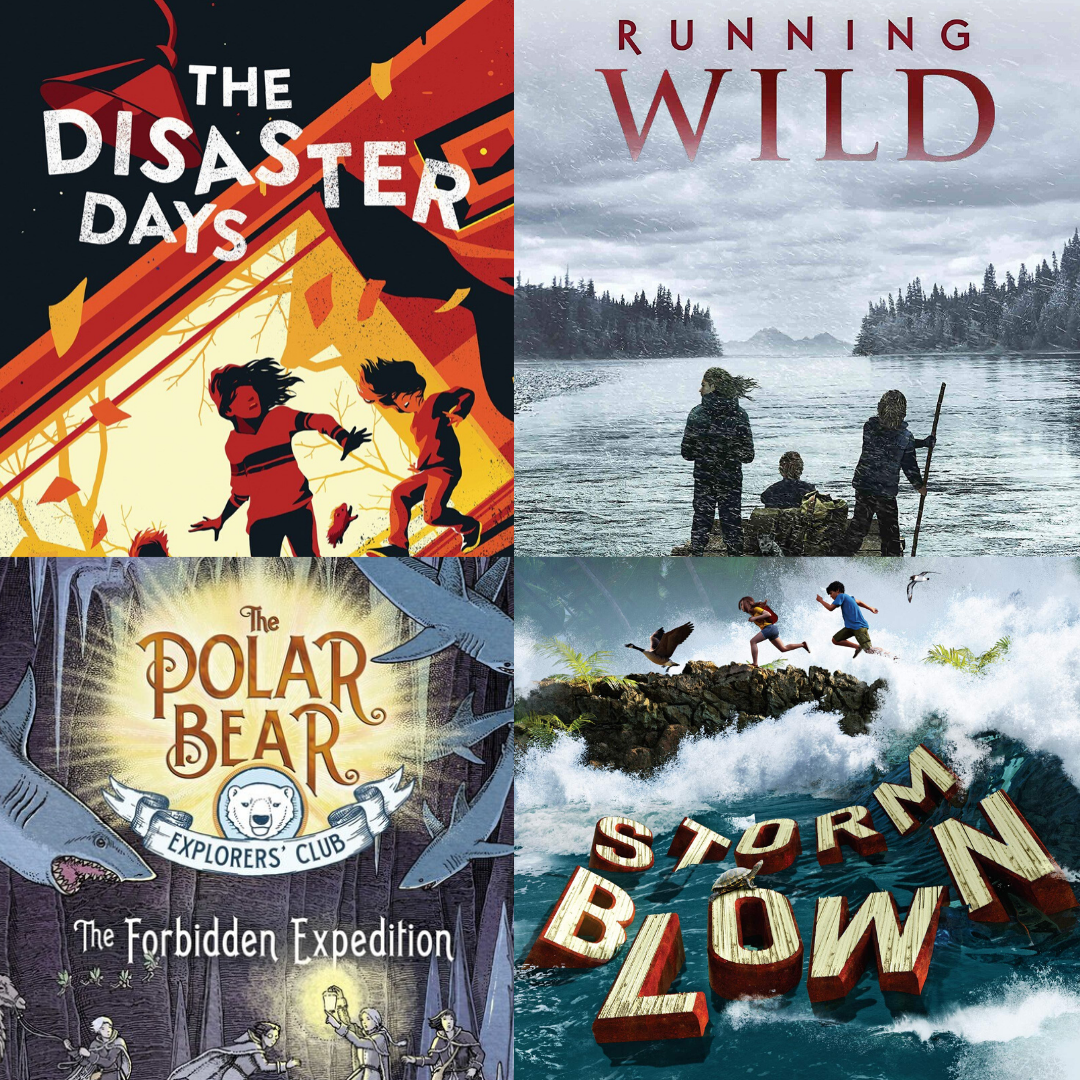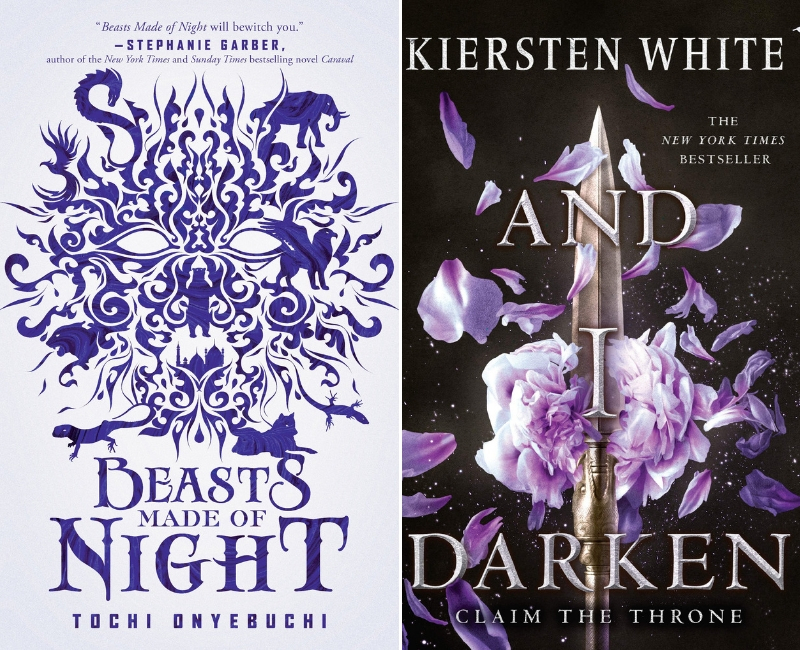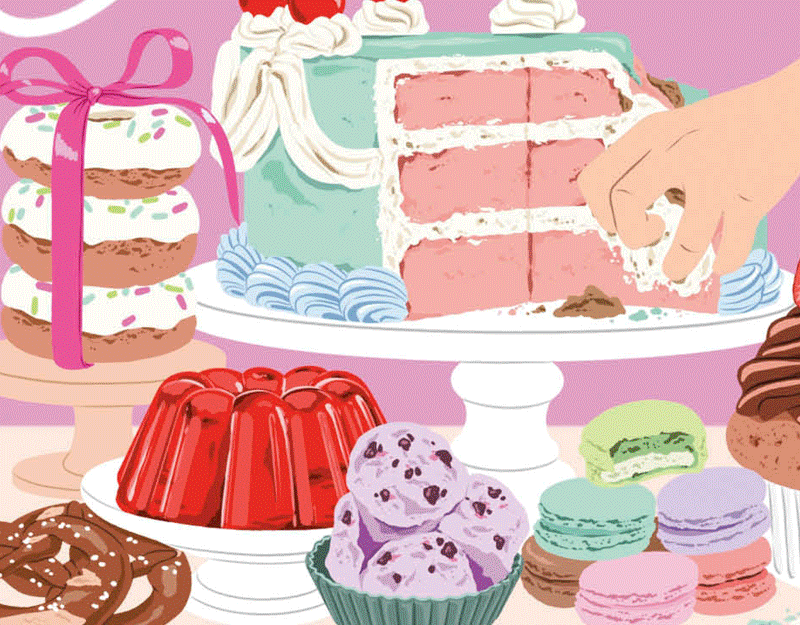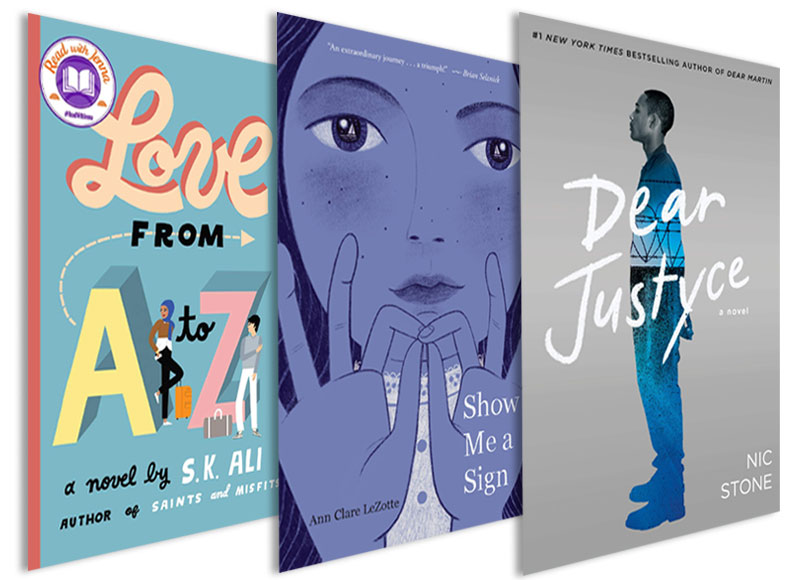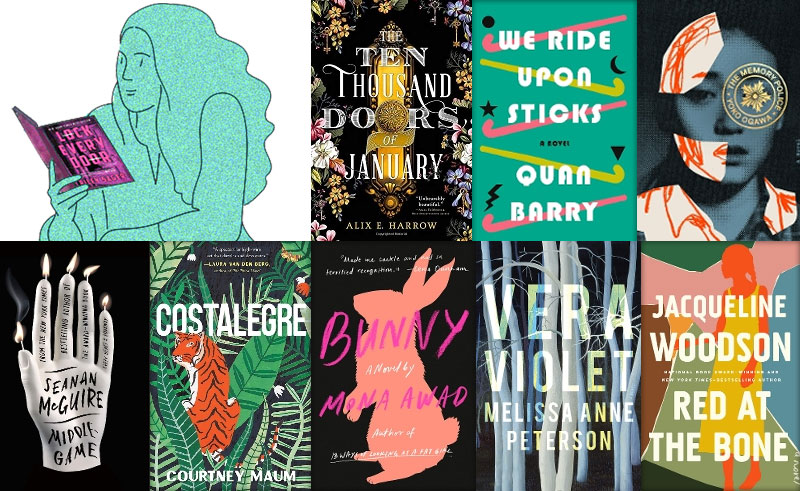Book Discussion: Autism in AFTERWARD by Jennifer Mathieu
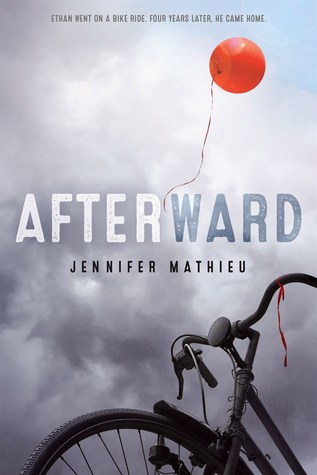 When I initially began reading AFTERWARD by Jennifer Mathieu, I was certain I would be coming to you today to discuss this title as part of the Sexual Violence in YA Literature Project (The #SVYALit Project). However, as I got further and further into the book, this book became an important read – to me personally and I think to the larger topic of disability representation in YA lit – for its look at the way a young man’s struggle with Autism, and in particular being on the Autism Spectrum and suffering from a severely traumatic event, impacts him and his family. This book moved me in ways I could never have imagined.
When I initially began reading AFTERWARD by Jennifer Mathieu, I was certain I would be coming to you today to discuss this title as part of the Sexual Violence in YA Literature Project (The #SVYALit Project). However, as I got further and further into the book, this book became an important read – to me personally and I think to the larger topic of disability representation in YA lit – for its look at the way a young man’s struggle with Autism, and in particular being on the Autism Spectrum and suffering from a severely traumatic event, impacts him and his family. This book moved me in ways I could never have imagined.
You see, I am the aunt of three nephews who are on the Autism Spectrum. They are on the higher end of the spectrum, which means that there is little to no verbal communication, stimming, self harm, sleep disruption, the need for strict routines and predictability, etc. This is not an end of the spectrum that is represented very often in the mainstream media. While there has been some progress with the representation of ASD characters in the media, it has been my experience that they tend to be characters on the lower end of the spectrum. This means they often can communicate verbally and are portrayed as being charmingly “quirky”. Although it is obvious that these characters are not what would be considered neurotypical, it does not represent the lives of many families who are living with the daily reality of more severe Autism. When I read or watch these stories, I do not see my nephews and the struggles of their family. When discussing the topic of Autism, I often think to myself, we need to have more diversity in Autism representation.
ADVERTISEMENT
ADVERTISEMENT
Afterward is the story of two boys who are drawn together through a horrific event. Caroline’s brother Dylan is kidnapped by a man and is missing for a period of 4 or 5 days. He is found in the apartment of this man and in the presence of Ethan, another boy who was kidnapped and has been missing for about 4 years. Dylan is Autistic and although he does engage in some verbal communication, he is not able to tell his family what happened to him. It is clear, however, that he has been very traumatized by the events and his sister Caroline wants to know what happened to him so she can try and help him. This causes her to seek out and start up a friendship with Ethan. The book is then told from the dual POV of Caroline and Ethan.
There is a lot happening here in Afterward. This is a book about struggling with trauma and sexual violence; it is a book about emotional and mental health; it is a book about PTSD; it is a book about surviving. But it is also a book about Autism. And more importantly, it may be the only book that asks us to consider the impact of trauma not just on a family, but on a family that was already struggling to raise a young man on the spectrum.
And it asks us to consider what it is like for a teenager to not only love a brother who is on the spectrum, but to want to help this brother that she loves without being able to ask him what happened to him. And it was this part of the story that resonated with me the most. There are scenes where Caroline tries to calm down her brother using her toolbelt of techniques that her family has developed over the years. There are recorded episodes of Jeopardy watched over and over and over again, Caroline knowing every question and answer before they come because she has seen them so many times. For one of my nephews, it was Veggietales. And like Dylan, another one of my nephews repeatedly stacks blocks as a source of comfort. It sometimes felt like Mathieu had stared right through the windows at our family home to write this story.
And like many families, there is guilt and blame and anger and sorrow and grief. Dylan’s family was already dealing with all of these things, but now they are amplified by this traumatic event. Caroline in particular struggles with guilt because she was supposed to be watching Dylan in that moment that he left the house, as many on the spectrum do, and was wandering alone when kidnapped. In fact, wandering is one of the greatest safety concerns for individuals on the higher end of the spectrum and many families install locks, alarms and take other measures to help ensure the safety of their loved ones. But those steps take money, and money is something Caroline’s family doesn’t have a lot of.
Socioeconomic diversity is also something that is addressed in Afterward. Dylan’s family doesn’t have the money they need to get Dylan many of the Autism therapies that would benefit him, and they definitely don’t have the money to get him the counseling he needs after his kidnapping. It’s something that Caroline reflects on a lot, especially as she talks to Ethan, whose family does have money and is working hard to get him the therapy he needs.
ADVERTISEMENT
ADVERTISEMENT
As I mentioned, for me this book was personal. I saw my neurotypical nephew struggling to take care of his three ASD brothers in the character of Caroline. I saw a family struggling to navigate daily life and stay together in the face of stress and economic hardship, like my family and friends with children on the spectrum do. But most importantly to me, I saw an acknowledgement that there are kids on the higher end of the spectrum.
I do want to take a moment to point out that there is a lot of good #SVYALit and #MHYALit discussion happening here, particularly between Ethan and his therapist. There are discussions of how Ethan’s body could have responded physically to the sexual abuse even though it was not something that he wanted, discussions about whether or not he could have escaped and why he might not have tried to, and more. And although this is a good example of a positive therapy experience, it reminds us all that therapy is not a quick and easy fix but a process. In fact, the book takes place over the course of about a year and the therapy process is not a steady march forward, but a jagged line of progress and set backs. And it’s an important reminder for all that although survivors can in fact survive, they must embrace a new you in order to do so.
I felt that Afterward by Jennifer Mathieu was a moving and powerful read on many levels, but it was this reflection of my family that stuck with me the most.
Publisher’s Book Description
When Caroline’s little brother is kidnapped, his subsequent rescue leads to the discovery of Ethan, a teenager who has been living with the kidnapper since he was a young child himself. In the aftermath, Caroline can’t help but wonder what Ethan knows about everything that happened to her brother, who is not readjusting well to life at home. And although Ethan is desperate for a friend, he can’t see Caroline without experiencing a resurgence of traumatic memories. But after the media circus surrounding the kidnappings departs from their small Texas town, both Caroline and Ethan find that they need a friend–and their best option just might be each other. (Roaring Book Press, September 20, 2016).
Autism and Libraries
- Teen Issues: Autism and Libraries
- On the Spectrum and @ Your Library (Guest post by Matthew Ross)
- Teen Issues: Teens and Autism and Future Horizons
- Autism & Libraries: A Q&A with J. D. Kraus
- Teens and Autism: What does it mean to be “typical”?
- Atticus Was Right: The remarkable story about a boy with autism, a bully, and a book (Guest post by Amianne Bailey)
- Book Review: Perfect Escape by Jennifer Brown (sibling with OCD)
- The Power of Reading: Stuck in Neutral by Terry Trueman
Filed under: #SVYALit, #SVYALit Project, Autism
About Karen Jensen, MLS
Karen Jensen has been a Teen Services Librarian for almost 30 years. She created TLT in 2011 and is the co-editor of The Whole Library Handbook: Teen Services with Heather Booth (ALA Editions, 2014).
ADVERTISEMENT
ADVERTISEMENT
SLJ Blog Network
One Star Review, Guess Who? (#202)
This Q&A is Going Exactly As Planned: A Talk with Tao Nyeu About Her Latest Book
More Geronimo Stilton Graphic Novels Coming from Papercutz | News
Parsing Religion in Public Schools
ADVERTISEMENT



